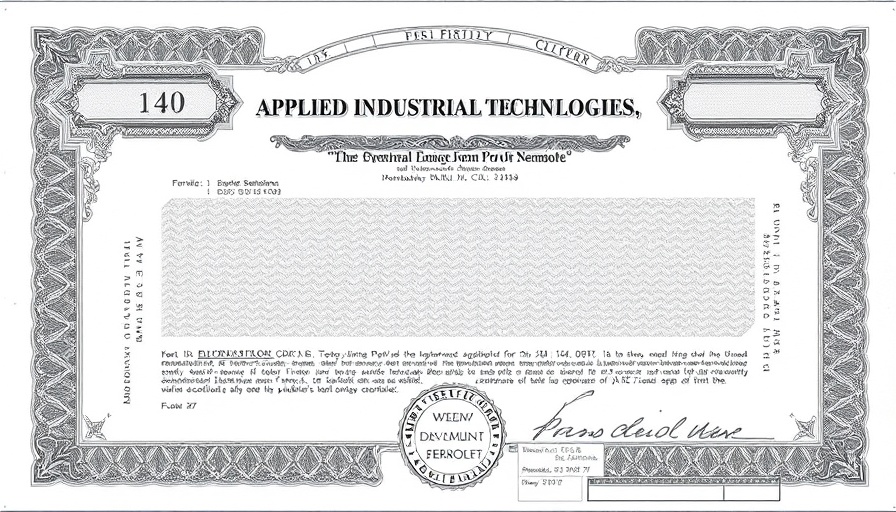
Understanding the BRICS Tariff Delay: What It Means for International Trade
The Trump administration recently announced a delay in implementing a significant 10% tariff on countries belonging to the BRICS bloc, which includes Brazil, Russia, India, China, and South Africa. This decision, while providing temporary relief to these nations, signifies the volatility of trade relationships under the current U.S. administration. As tensions between the U.S. and various BRICS member states rise, the implications of such tariffs extend beyond simple economics, affecting diplomatic relations and global market stability.
Anti-American Policies: A Red Flag for Trade
During the announcement, President Trump emphasized that the tariff would come into play if these nations engaged in what he termed "anti-American policies." This statement raises questions about what constitutes such policies and who gets to make that determination. For investors and businesses operating in and with BRICS countries, this unpredictability could lead to cautious investment strategies as they navigate potential pitfalls of international trade.
The Broader Economic Impact of Tariffs
Tariffs are often employed as a tool for countries to protect their domestic industries from foreign competition, but they can also backfire, leading to increased costs for consumers and strained relationships with trade partners. The uncertainty surrounding these tariffs may prompt businesses to reconsider their supply chains and market strategies, which could influence global economic growth.
Negotiations and Trade Deals: The Road Ahead
With the July 9 deadline approaching, negotiations had initially intensified between the U.S. and BRICS nations like India and Indonesia. The delayed tariff has given these countries a temporary reprieve to solidify trade agreements with the United States; however, businesses must remain astute and adaptive amidst potential sudden changes in policy. This could open new avenues in the sectors of investment strategies, particularly in diversification through mutual funds, ETFs, or even emerging markets investments.
Investing Strategies in a Turbulent Climate
For investors, the landscape is constantly evolving due to these geopolitical shifts. Investment strategies should consider the current tensions surrounding BRICS countries, which presents both risks and opportunities. As the market reacts to such announcements, sectors such as technology stocks, healthcare stocks, and even commodities might experience volatility. A prudent approach would involve asset allocation that mitigates risk while considering potential growth sectors resistant to tariff impacts.
Future Predictions and Trends in Global Investing
Looking ahead, the international investing landscape may shift dramatically based on the final decisions made regarding BRICS tariffs. The actions taken could either promote solidarity within the BRICS group or exemplify fractures in international relationships. Investors would be wise to adopt an agile strategy, keeping an eye on inflation protection investments and market corrections that could arise from further tariff-related decisions.
Final Thoughts: Preparing for What's Next
As the economic landscape becomes more interconnected, the importance of understanding the implications of these tariffs is critical for anyone involved in investing or business. While the immediate future remains uncertain, one thing is clear: adapting investment strategies to accommodate these geopolitical trends will be crucial for fostering resilience in portfolios.
 Add Row
Add Row  Add
Add 



Write A Comment